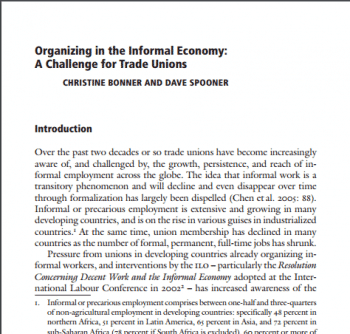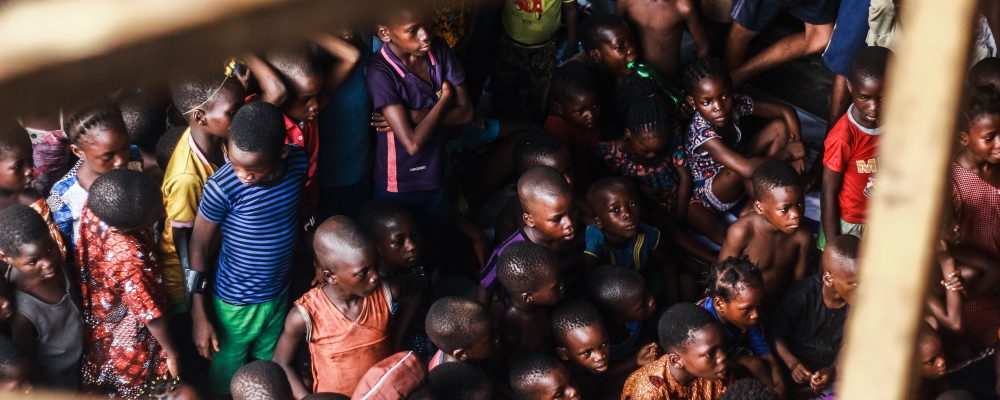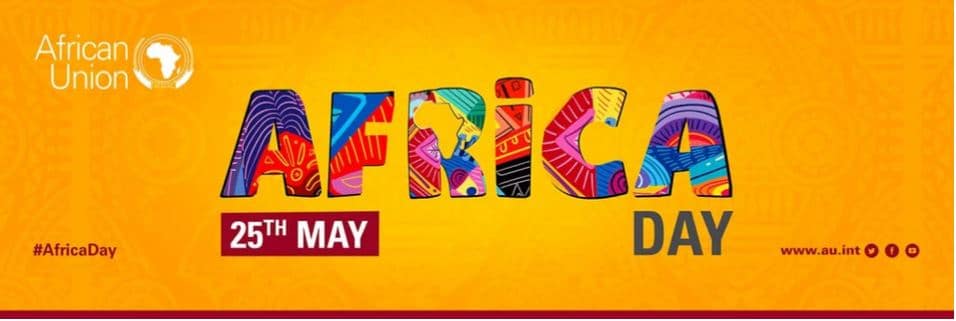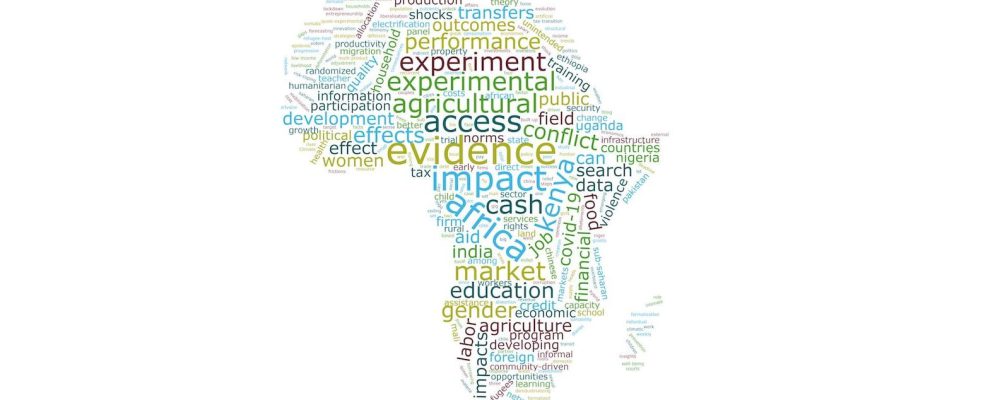
Policy highlights:
- More than half the world’s workers are currently informally employed. Unions should take on the task of organizing informal workers. This is beneficial for both parties: Informal workers need trade unions’ experience, and unions need the vast number of informal workers to tackle their declining membership numbers and to leverage more concessions on macroeconomic issues.
- Informal workers are organizing themselves and these efforts are increasingly supported by (inter)national union organizations. Given the heterogeneous character of informal sector organisations, strategies to build relationships should be flexible and may take many forms.
- In order to involve informal workers in formal trade unions, policy makers are recommended to: 1) build alliances with non-union associations of informal workers; 2) establish new unions of informal workers ; 3) ensure local government authorities recognize informal workers associations; 4) provide means for informal workers to exercise their rights and be represented in (inter)national forums; and 5) give additional attention to female informal workers by providing e.g. social protection (health insurance, child care) and financial services.







